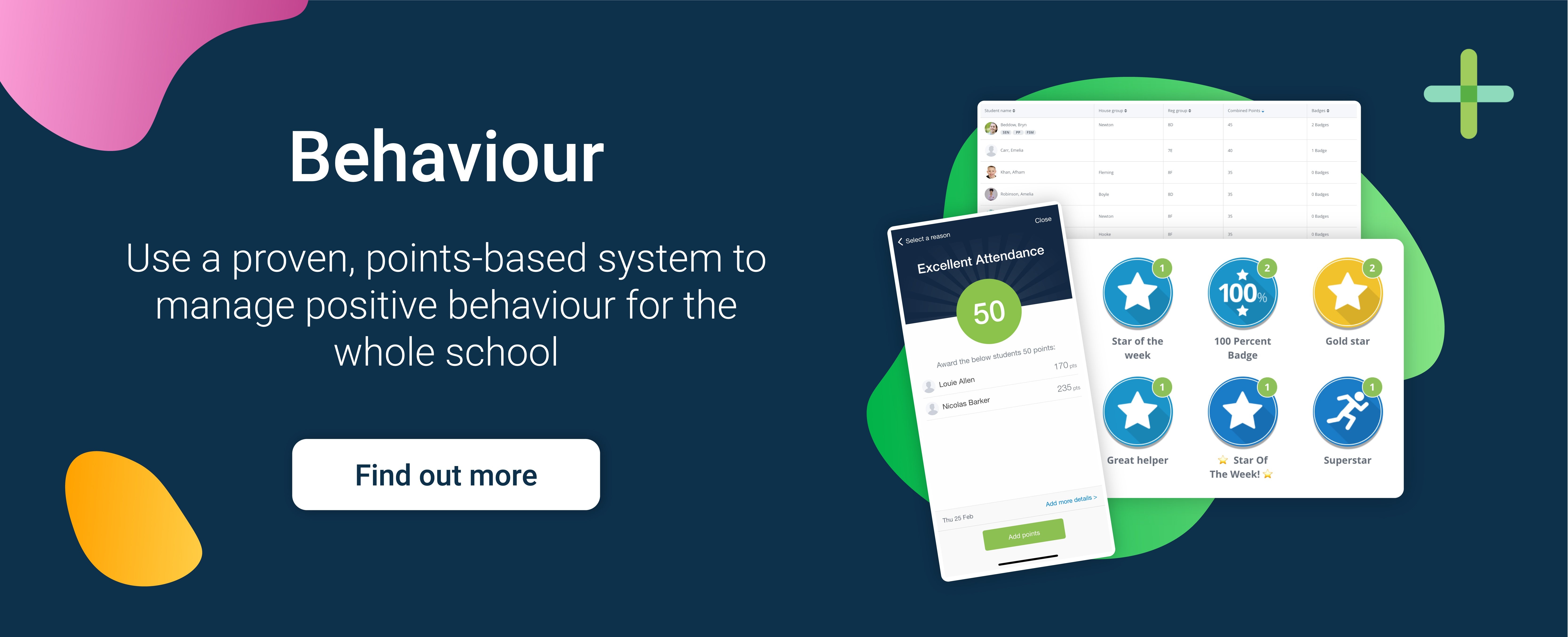Author: Bethany Spencer
Posted: 04 May 2017
Estimated time to read: 5 mins
Parents’ evening can be a stressful event for teachers and parents alike. According to a survey of 2,000 school parents in the UK, 55% felt they came away from parents’ evening without a clear understanding of how their child was progressing. However, with a little preparation and a clear idea of what you want to get out of the event. Parents’ evenings are extremely valuable and you can maximise the effectiveness of the time you get with your child’s teachers. 
Before Parents’ Evening
Decide who is going to go
In a survey by Leapfrog, it was found that two thirds of parents have been unable to attend a meeting because of work commitments - and one in three fathers believe that going to a Parents’ Evening is a job for their partner. If it’s possible, both parents attending will show your child’s teacher that you are both actively involved, and taking an interest, in their education. If one parent is going alone, it can help to bring a friend or relative so you can discuss the feedback together.
It is also important to decide whether or not your child will be attending. There are conflicting theories on this, with some schools now suggesting that bringing your child along can help them take more responsibility for their education. While others claim it can also impede you being able to have a frank and honest conversation with your child’s teacher. You as a parent know best whether or not your child should attend Parents’ Evening, speak to your child about this and together you can come to a decision that will work best for you both.
Speak to your child
It is important to get an idea of how your child feels they are performing before you speak to their teachers. You might want to get their views, subject-by-subject, and find out if there’s anything they would like you to bring up to their teachers. This will also be useful to gauge how accurate a picture your child has of their progress.
Prepare questions
More than three quarters of parents arrive at Parents’ Evenings without having made any preparations about what information they want. The above survey also found that the average time a parent gets to spend with a teacher at Parents’ Evening is thirteen minutes. This means that parents can leave a hurried meeting feeling bewildered, so it is vital to prepare some questions to make the most out of the brief window you have.
Ask about your child’s strengths and weaknesses: The main message at Parents’ Evenings are about attempting to establish or improve the parent-teacher-school partnership. Asking about your child’s strengths and weaknesses, what the school is doing to support them, and how you can continue that at home, are all important questions.
During Parents’ Evening
Focus on your child
Parents’ Evening is your chance to get a detailed understanding and breakdown of your child’s progress and behaviour in school. Parents’ Evening shouldn’t be used to discuss school policies. If you have any issues or questions regarding the school’s general policies, call the school office, or talk to the headteacher at a different time. Make sure your child, rather than the school, is the focus of your meeting.
Keep teachers in the loop
As much as the main focus of Parents’ Evening is about finding out how your child is doing, it is also a two way street. Situations such as illness, divorce or a new baby may affect your child’s school experience, so inform your child’s teacher of such circumstances. Teachers prefer to know about problems sooner rather than later, so they have a proper understanding of each child’s individual situation.
Take notes
Depending on the stage your child is at, you could be meeting with several different teachers throughout the course of the evening. It is all too easy to forget aspects of conversations, and for some of the details to get mixed up or lost. Therefore it’s always a good idea to take notes during each meeting so you can review what was covered afterwards.
Try to see things from the teacher’s point of view
A one-on-one with your child’s teacher can feel intimidating, but a lot of teachers, also get nerves before parent-teacher consultations. Keep in mind that you and the teacher are a partnership; if you can have regular contact with the teacher and keep the same goals in mind, then your meeting should strengthen your relationship– and that can only benefit your child.
It’s also worth bearing in mind that you may also be informed about areas where your child has room for improvement. This may be hard to hear, and some parents will have a knee-jerk reaction to become defensive in this situation, but try to remember, the teacher is not blaming you or your child. Parents’ Evenings are there give you honest, constructive feedback. Your child’s teacher is trying to identify ways to help your child get the most from their education.
Plan what you will do next
Before you leave each teacher, find out how you can follow up on any conversations you’ve had. Find out what steps the teacher feels you could make yourself, and what you both hope to achieve before your next discussion.
After Parents’ Evening
Discuss with your child
It’s important to give your child feedback about how the meetings went. Try to make sure that you accentuate the positive aspects and praise that the teachers gave. If there were areas for improvement or concern, try to frame them in as constructive a way as possible. If your child asked you to bring something up, make sure to let them know the response. This ensures that your child understands that you take their concerns seriously.
Stay in touch with the teachers
If you’ve agreed on a course of action with a teacher, make sure to get (even if it’s brief) a follow up chat with them at some point. But bear in mind that teachers don’t get a lot of free time, it might be best to call the school to arrange a suitable time for a phone call.


